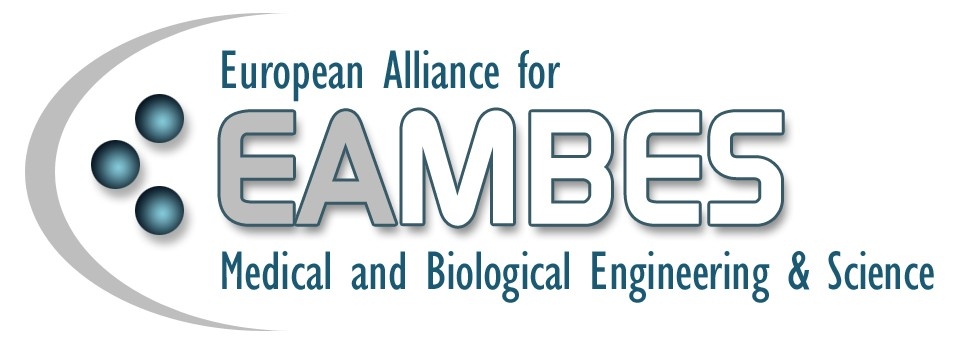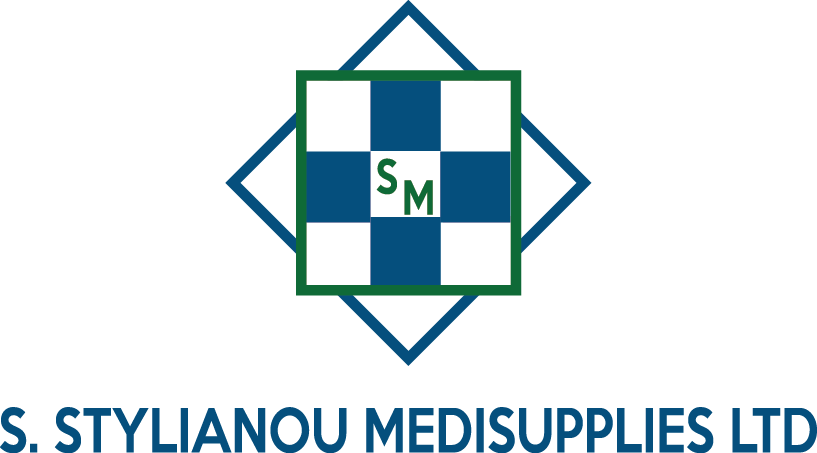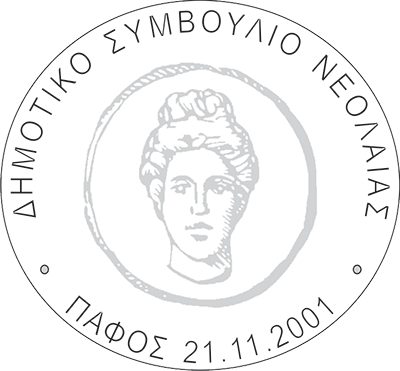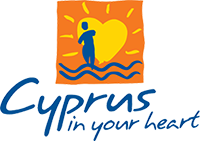MEDICON 2016
MARCH 31ST - APRIL 2ND 2016 PAPHOS, CYPRUS
Click to see the Special Sessions
IET Healthcare Technology Letters, Special Session on mHealth
Special Session on Real Time Ventilation Monitoring with Electrical Impedance Tomography
Special Session on Ambient Assisted Living Technologies based on Internet of Things
Special Session on mHealth Medical Video Communication Systems
Special Session on Wearable Sensor Networks for Personalised Health Care
Special Session
IFMBE-Sponsored Session on Biomedical Engineering Education Organized by the IFMBE Education & Accreditation Committee
First Proposer – A/Prof Siew-Lok TOH
Biographical Sketch
Assoc Prof Siew-Lok Toh obtained his B.Sc. and PhD in Mechanical Engineering from the University of Strathclyde. After his PhD, he worked as a project engineer with Babcock Power Ltd in Renfrew, Scotland before joining the Department of Me-chanical Engineering at National University of Singapore (NUS) in 1981. He assisted in setting up the Department of Bio-medical Engineering at NUS in 2001 and has since been the Deputy Head in charge of BME Education and Student Life. His research interests are in experimental mechanics, biomechanics and functional tissue engineering. He is the Vice-President of the Biomedical Engineering Society (Singapore), a member of the Institution of Mechanical Engineers (UK) and the Amer-ican Society of Mechanical Engineers (ASME). In IFMBE, he has been the Secretary of the Working Group for Asia-Pacific Activities, Nominating Committee and now, he chairs the Education & Accreditation Committee.
Theme
Biomedical Engineering Education & Society
Keywords
Biomedical engineering, education, medical engineering, bioengineering, undergraduate/graduate programs
Abstract
The session on BME education is organized by the IFMBE Education & Accreditation Committee. The aim of the session is to look at the various BME education programs in Europe, Latin America, USA and the Asia Pacific. The 7 speakers are mem-bers of the said Committee and they will share the best practices in the respective programs with the audience.
Speakers
Lenka LHOTSKA
Czech Technical University; lhotska@fel.cvut.cz
Title of the presentation
Biomedical Engineering Education in the Czech Republic
Biographical sketch
Lenka Lhotská, PhD, CEng, MIET, MIEEE. In 1989 she got her PhD degree in Cybernetics from the Czech Tech-nical University in Prague. In 1984 she joined the Department of Cybernetics as assistant professor. She is (co-) author of more than 150 publications in knowledge-based systems, multi-agent systems, applications of artifi-cial intelligence methods in medicine, advanced biomedical signal processing, mobile technology applications in medicine, medical informatics, interoperability, and education in biomedical engineering. She has been prin-cipal investigator of many research projects in the area of medical informatics and biomedical data and signal processing.
Akos JOBBAGY
Budapest University of Technology and Economics; jobbagy@mit.bme.hu
Title of the presentation
Master program in BME for engineers and medical doctors
Biographical sketch
Since 1976 he has been working at Budapest University of Technology and Economics (BME), Dept. Measure-ment and Information System. 2007- professor, 2011- head of department. He served as deputy vice-rector (1998-2012) and vice-rector (2012-2015) for education. He lectures electrical and biomedical engineering courses (both in Hungarian and in English). Since 2012 he has been member and vice-president of the Hungari-an Accreditation Committee. Since 1993 secretary, since 2002 president of the Biomedical Engineering Section of the Hungarian Scientific Society for Measurement and Automation. 2006 - 2012 member of the Administra-tive Council (AC) of IFMBE, 1995 - 2003 member, 2003 - 2006 chair of the National Secretaries’ Committee of IFMBE, co-chair: 2006-2009. Senior member of IEEE. 2001 - 2010 chair of IEEE Hungarian Section, Joint Chapter in Instrumentation and Measurement & Engineering in Medicine and Biology. His main field of interest is the application of movement analysis in medical/clinical practice to aid the early detection and objective assess-ment of the actual state of patients with neural disease as well as home health monitoring, especially blood pressure measurement.
Martha Zequera DIAZ
Pontificia Universidad Javeriana; mzequera@javeriana.edu.co
Title of the presentation
The status of BME programs in Latin America
Martha Zequera Diaz, Avendaño Guillermo
Biographical sketch
Prof. Martha Zequera obtained her MSc at Biomedical Engineering at Dundee University, UK, and a Ph.D. de-gree from the Bioengineering Unit at the University of Strathclyde, UK, in 2003. Since 2010 she is an Honorary Research Fellow from Strathclyde University at Bioengineering Unit. Prof. Zequera is Full (Titular) Professor at Electronics Department, School of Engineering, at Pontificia Universidad Javeriana, Bogotá, Colombia and she has been working as a researcher for 15 years at the Bioengineering Research Group “BASPI”, focus in signal and image processing analysis. Her current research interests in Biomedical Engineering include biosensors, biomedical instrumentation, medical devices and e-health in rehabilitation, biomechanics instrumentation, biomechanical especially for Diabetes care research, she was AdCom member of the International IEEE/EMBS and she is AdCom member of Latin American Regional Council on Biomedical Engineering (CORAL) . Dr. Zequera has been promoting Biomedical Engineering Education and Curriculum – novel approaches to BME for global education as a Theme Chair in Education at the annual EMB conferences held in Argentina 2010, then in Boston in 2011, then in San Diego in 2012, later in Osaka in 2013, Chicago in 2014 and Milan 2015.
Herbert F. VOIGT
Boston University; hfv@bu.edu
Title of the presentation
Clinical Engineering in the United States: Time to embrace an undergraduate program
Biographical sketch
Voigt, a Boston University biomedical engineering professor, is a 2014/2015 Fulbright Scholar working with Pe-ru. He is Past-President (2015-2018) of the International Union for Physical and Engineering Sciences in Medi-cine (IUPESM), which is a member Union of the International Council of Sciences (ICSU). He was President of the International Federation for Medical and Biological Engineering (IFMBE, 2009-2012) and President of the American Institute for Medical and Biological Engineering (AIMBE, 2006-2007), the Biomedical Engineering So-ciety (BMES, 1999) and Alpha Eta Mu Beta (the National Biomedical Engineering Honor Society, 2002-2008). Voigt received his B.E. in electrical engineering from the City College of New York (CCNY) in 1974 and his Ph.D. in biomedical engineering from the Johns Hopkins University in 1979. He has been an IEEE member 1974, cur-rently an IEEE/EMBS Senior Member. He received an Alumni Career Achievement Award from CCNY in 1994 and was elected to the Johns Hopkins Society of Scholars in 2003. He received the Biomedical Engineering So-ciety’s President’s Award (2002) and its Distinguished Service Award (2004). He is a BMES Founding Fellow (2004) and an AIMBE Fellow (1998). He was designated an IEEE/EMBS Distinguished Lecturer for 2012-2013 and was elected an honorary member of the Swedish Society of Medical Engineering and Physics (2012). His research interests include understanding the neural circuitry of the cochlear nucleus; heavy metal detection in biological samples and Global Health and Development.
Kang-Ping LIN
Chung-Yuan Christian University
Title of the presentation
Status of Biomedical Engineering Education in the Asia Pacific
Biographical sketch
Kang-Ping Lin (Secretary General of IFMBE, IAMBE Fellow) is the Director of Technology Translation Center for Medical Devices and a Distinguished Professor at Chung-Yuan Christian University, Taiwan. Dr Lin earned his PhD degree from UCLA in 1994. His research interests include handheld medical devices, physiological signal processing, and medical image processing. His current research topics include capillary blood velocity meas-urement, microcirculation images, and hemodynamic data analysis. In the field of medical devices, he has also focused on integration of industry, academia and medicine oriented towards being homecare, small, simple and low-energy consumption
Yong-Ping ZHENG
Biomedical Engineering, Medical Engineering, and Bioengineering: Different BME Programmes in Hong Kong
Title of the presentation
Status of Biomedical Engineering Education in the Asia Pacific
Biographical sketch
Professor Yong-Ping Zheng received the BSc and MEng in Electronics from the University of Science and Tech-nology of China. He received PhD degree in Biomedical Engineering from the Hong Kong Polytechnic University (PolyU) in 1997. After a postdoctoral fellowship at the University of Windsor, Canada, he joined PolyU as an Assistant Professor and was promoted to Professor in 2008. He has been serving as the Founding Head of the Interdisciplinary Division of Biomedical Engineering since 2012. Prof. Zheng’s main research interests include biomedical ultrasound, and wearable sensors for healthcare. He is a Senior Member of IEEE, a Fellow of Hong Kong Institution of Engineers, Secretary Elected of World Association of Chinese Biomedical Engineers, and a member of IFMBE Education and Accreditation Committee.
Siew-Lok TOH
National University of Singapore; bietohsl@nus.edu.sg
Title of the presentation
Revamped BME Curriculum for future-ready graduates
Biographical sketch
Assoc Prof Siew-Lok Toh obtained his B.Sc. and PhD in Mechanical Engineering from the University of Strath-clyde. After his PhD, he worked as a project engineer with Babcock Power Ltd in Renfrew, Scotland before join-ing the Department of Mechanical Engineering at National University of Singapore (NUS) in 1981. He assisted in setting up the Department of Biomedical Engineering at NUS in 2001 and has since been the Deputy Head in charge of BME Education and Student Life. His research interests are in experimental mechanics, biomechanics and functional tissue engineering. He is the Vice-President of the Biomedical Engineering Society (Singapore), a member of the Institution of Mechanical Engineers (UK) and the American Society of Mechanical Engineers (ASME). In IFMBE, he has been the Secretary of the Working Group for Asia-Pacific Activities, Nominating Committee and now the Chairman of the Education & Accreditation Committee.
Paper Submission
The submissions should contain original, high quality, not submitted or published elsewhere work. Papers should be submitted electronically (through Medicon 2016 web site) in PDF format and should conform to IFMBE Proceedings template (single-spaced, double-column, 10-point font size, 4 to 6 pages).
Paper Presentation
Each accepted paper should be presented by one of the authors and accompanied by at least one full registration fee payment, to guarantee publication in the proceedings. One full registration fee can cover up to 2 papers only. All accepted papers will be included in the IFMBE proceedings of Medicon 2016 that will be published by Springer.
Academic Inquiries
Prof. Constantinos S. Pattichis - pattichi@ucy.ac.cy
I. Chrysanthou, Cyprus (Workshops & Special Sessions) - isabelle.chrysanthou@gmail.com
Organized and Sponsored by
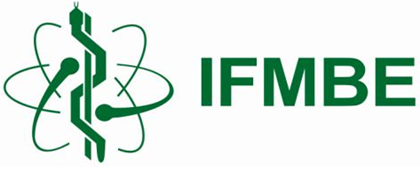
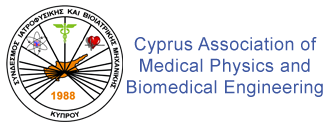
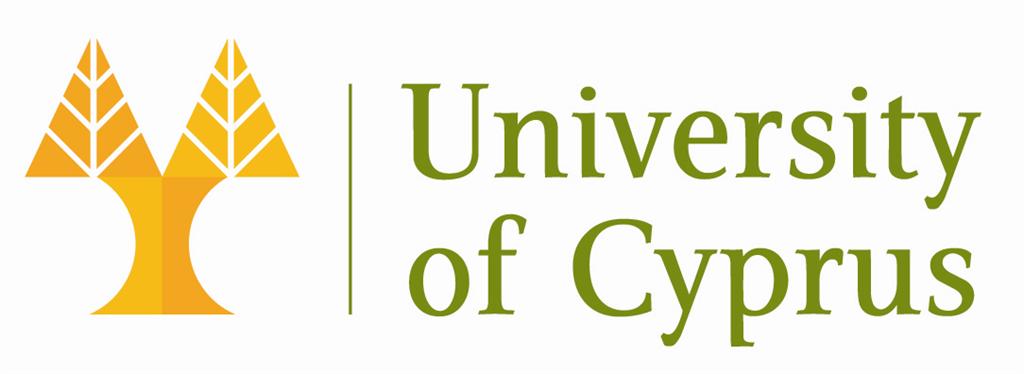
Co-Organized and Co-Sponsored By
